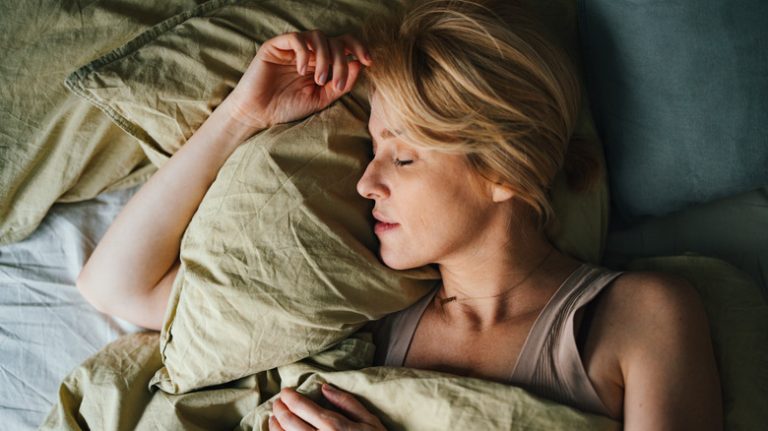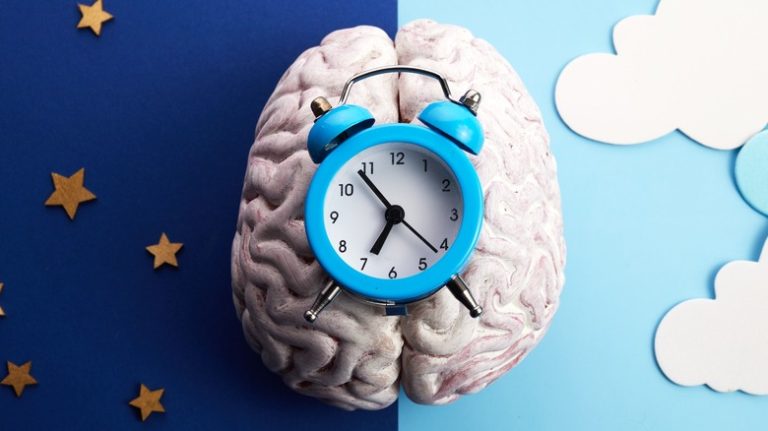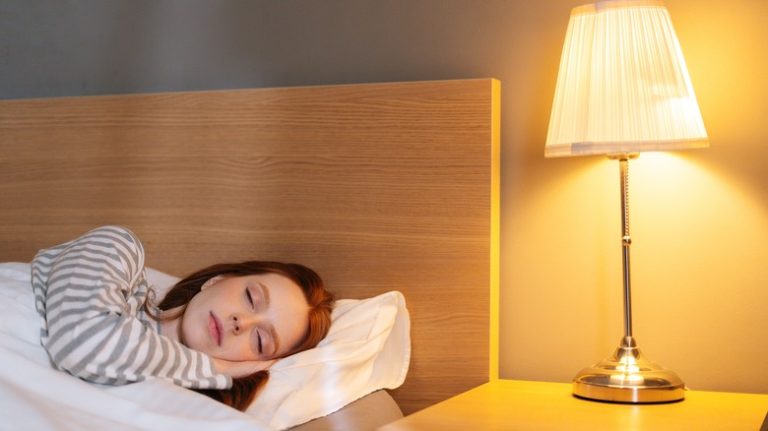The picture of sipping on warm chamomile tea in a dimly lit bedroom right before bed is what comes to mind for most of us when we think of foods and drinks that could help us drift off to sleep with ease. But apparently, there’s another contender in town that you can actually include in your last meal of the day: rice. This popular carb that’s now enjoyed the world over, after having originated in Asia, can help you sleep better, per a 2024 study published in the journal PLOS ONE.
The researchers looked at the eating habits and sleep quality of 1,848 Japanese men and women aged between 20 and 60. They found that those who ate more rice enjoyed better quality sleep (which was assessed using the Japanese version of the Pittsburgh Sleep Quality Index), than those who consumed noodles and bread. In fact, noodle consumption was associated with poor quality of sleep. Interestingly, a 2024 Japanese study published in the journal Nutrients had similar results.
But how exactly does rice induce sleep? And what kind of rice is best to eat for dinner?
Both white and brown rice have sleep-inducing properties
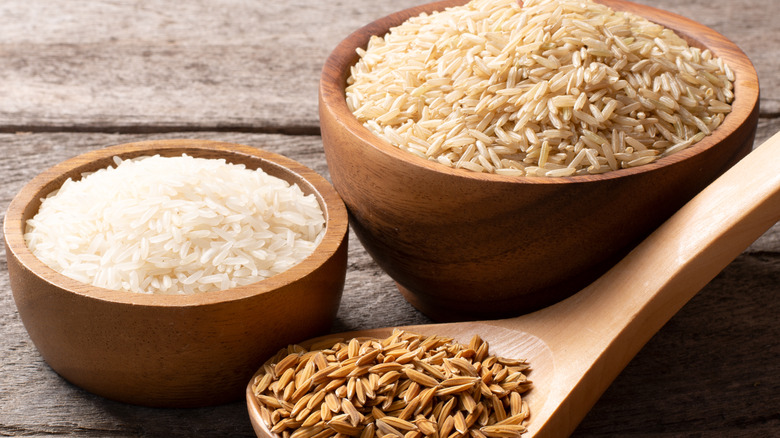
It seems the Japanese studies were mainly focused on the sleep-friendly properties of white rice, as that’s the more popularly consumed type of rice in Japan.
White rice has a glycemic index (GI) of 72, which is considered high. The researchers of the 2024 study hypothesize that high-GI foods boost the presence of the amino acid tryptophan in the brain, which in turn converts into serotonin and the sleep hormone melatonin. According to nutritionist Anjali Mukerjee (via India.com), “[White rice] releases calming hormones like melatonin and serotonin that calls [sic] for relaxation and drowsiness.”
Brown rice has sleep-inducing benefits too. In addition to the sleep-promoting magnesium and vitamins B3 and B6, it contains GABA (gamma-aminobutyric acid), which relaxes your nervous system by slowing down brain activity. Brown rice is considered a low-GI food (GI 50). However, according to Dr. Chin Moi Chow from the University of Sydney, eating starchy sticky rice (higher-GI jasmine rice) put participants to sleep faster than when they consumed low-GI long-grain rice in a study she conducted (via The Sydney Morning Herald).
Now that you have a common carb to add to your list of foods you never knew could help your sleep, what does this mean for eating rice at night?
How to incorporate rice into your diet (for better sleep)
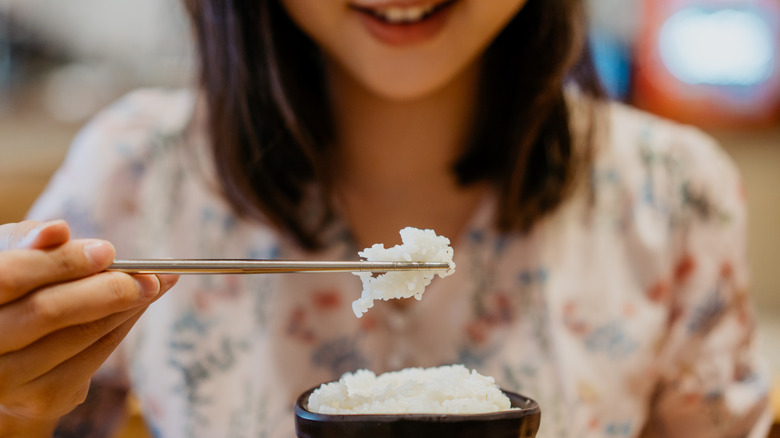
Despite the potential sleep benefits from high-GI carbs like white rice, researchers also cautioned against eating too much of it. Unlike brown rice (which isn’t refined and has more nutrients like fiber, selenium, magnesium, and folate), white rice is metabolized a lot faster by your system, meaning it isn’t the best kind of rice for people who are concerned with blood glucose levels. You may want to run the idea by your healthcare provider if you have underlying health concerns that could be negatively impacted by adding white rice to your diet. However, for those seeking a low-fiber diet, white rice is the way to go.
Should you be consuming rice for dinner, and if so, what rice should you choose? The answer might depend on your particular health concerns and preferred portion sizes. Sleep experts generally agree that eating large meals too close to bedtime can disrupt your sleep, mainly because your body will spend precious time trying to digest what you’ve consumed instead of helping you drift off to sleep. So whether you choose to eat white or brown rice, have your meal two to four hours before you get in bed. Also, researchers warn that adding high-protein foods to white rice could diminish its sleep-boosting benefits.
Ultimately, it’s best to distinguish between healthy carbs and unhealthy carbs. Weigh the pros and cons of any kind of food before adding them to your diet.

